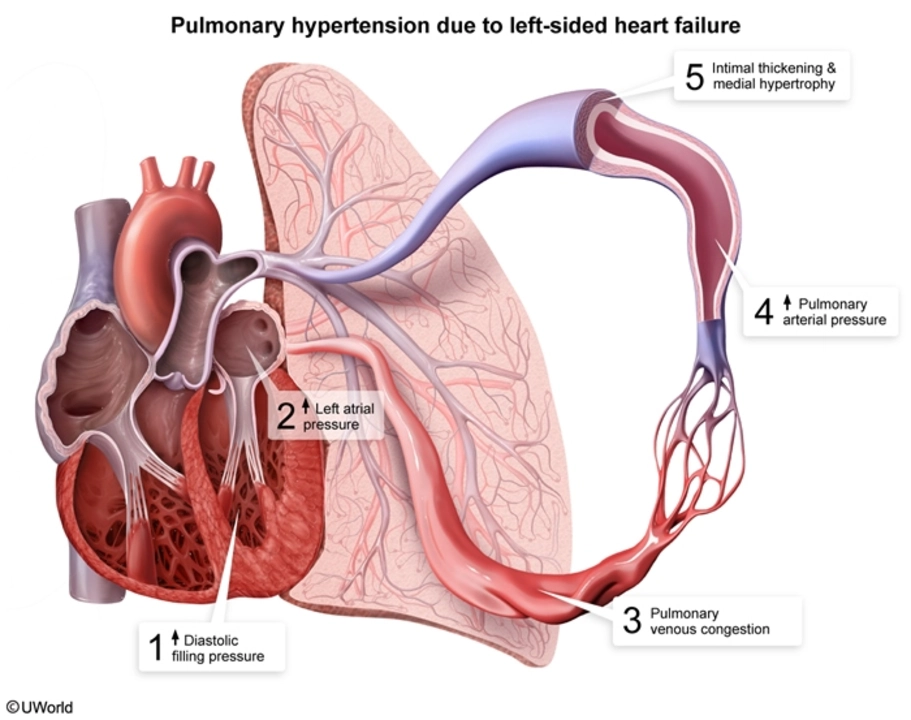Health News: Latest on Meds, Conditions & Breakthroughs
Every week brings new health headlines — some minor, some game-changing. Pulmonary arterial hypertension (PAH) is one area moving fast. Once treated mainly with drugs that relax blood vessels, PAH research now targets the disease process itself. That shift matters because it can change long-term outcomes, not just symptoms.
PAH breakthroughs to watch
Sotatercept is the clearest example right now. In a recent phase 3 trial it reduced pulmonary vascular resistance and helped patients walk farther in a six-minute test. Unlike endothelin blockers, nitric-oxide enhancers, or prostacyclin drugs that open vessels, sotatercept acts on the TGF-beta signaling family to slow or reverse blood-vessel remodeling. That difference could translate into longer-term benefit.
Researchers also report early-stage work on gene therapy to repair damaged pulmonary arteries and small stem cell trials that showed improved breathing or biomarkers in some people. These approaches are promising but still need longer follow-up and larger studies to confirm real-world safety and benefit. Expect cautious, stepwise progress: more data, safety checks, and wider testing before routine use.
Practical steps and how we cover it
If someone you care for has PAH, bring new study results to their specialist and ask about trial eligibility. New treatments often add to, not replace, standard drugs. Ask how benefits were measured, what side effects were seen, and how often monitoring is required. Keep a short symptom diary, note activity limits, and save recent test reports to share at appointments. Look up trials on public registries and discuss them with a pulmonary hypertension center; they can explain risks and suitability.
We read full studies, not just press releases. When we report a new result, we explain who was included in the trial, how big the benefit was, and any safety signals. Our goal is to turn headlines into useful questions to ask your doctor. Bookmark Canada Pharmacy 365 for plain-language updates on PAH and other conditions.
How to read a headline: look for who funded the study, the number of participants, whether it was randomized and placebo-controlled, and how long patients were followed. Small, short studies can produce hopeful signals that don't hold up later. Trusted sources include major peer-reviewed journals, national health agencies, and specialty societies. For immediate help with medications, your pharmacist can explain dosing, interactions, and monitoring — we offer resources and Q&A to support that conversation. Join a local or online PAH support group to hear real patient experiences; that helps turn raw data into practical expectations.
Get personalized guidance from your PH team and pharmacist before making changes. We update our PAH article as new trials publish, so check Canada Pharmacy 365 regularly and subscribe for alerts on major study updates.

